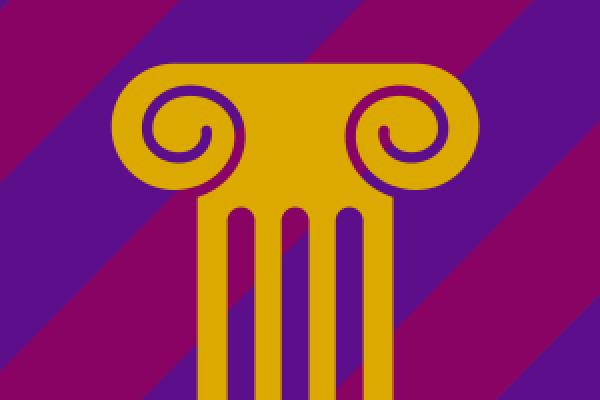
Event Host: The Institute for Democratic Engagement and Accountability
Abstract: In 2016 Donald Trump received all the Electoral College votes from 6 states where he was below 50% of the popular vote. Amounting to 101 Electoral College votes, a third of his total, these plurality wins were essential to Trump’s victory: without them he would not have reached a majority (270) in the Electoral College. Trump’s ability to win in this way was inconsistent with the expectation of how the Electoral College was supposed to work, as evidenced by the debate over the Twelfth Amendment (which established the rules that still govern the Electoral College). The authors of the Twelfth Amendment, who had experienced four previous presidential elections and the rise of partisan competition for the presidency, conducted an extended philosophical discussion on what an authentic winner of the presidency would be in their federalist system now subject to partisanship. With Thomas Jefferson rather than George Washington in mind (because a consensus president like Washington was no longer realistic), they wanted a president to be able to assemble a federal majority in the Electoral College by securing popular majorities in the states generating that federal majority. Trump’s victory, however, was contrary to this Jeffersonian vision. Moreover, a review of all presidential elections since adoption of the Twelfth Amendment reveals that 2016 was an especially significant deviation from the original Jeffersonian design. There are ways, without need of a constitutional amendment, for states to restore the Electoral College to its Jeffersonian foundation. Indeed, if just Florida and Michigan had reformed their own laws, it is quite likely that Hillary Clinton rather than Trump would have won the White House.
Ned is the Charles W. Ebersold and Florence Whitcomb Ebersold Chair in Constitutional Law and Director of Election Law at Ohio State University’s Moritz College of Law. He has authored several journal articles and two books. His most recent book, Ballot Battles: The History of Disputed Elections in the United States was awarded Finalist for the 2016 David J. Langum, Sr. Prize in American Legal History and listed as one of 100 “must-read books about law and social justice”.
